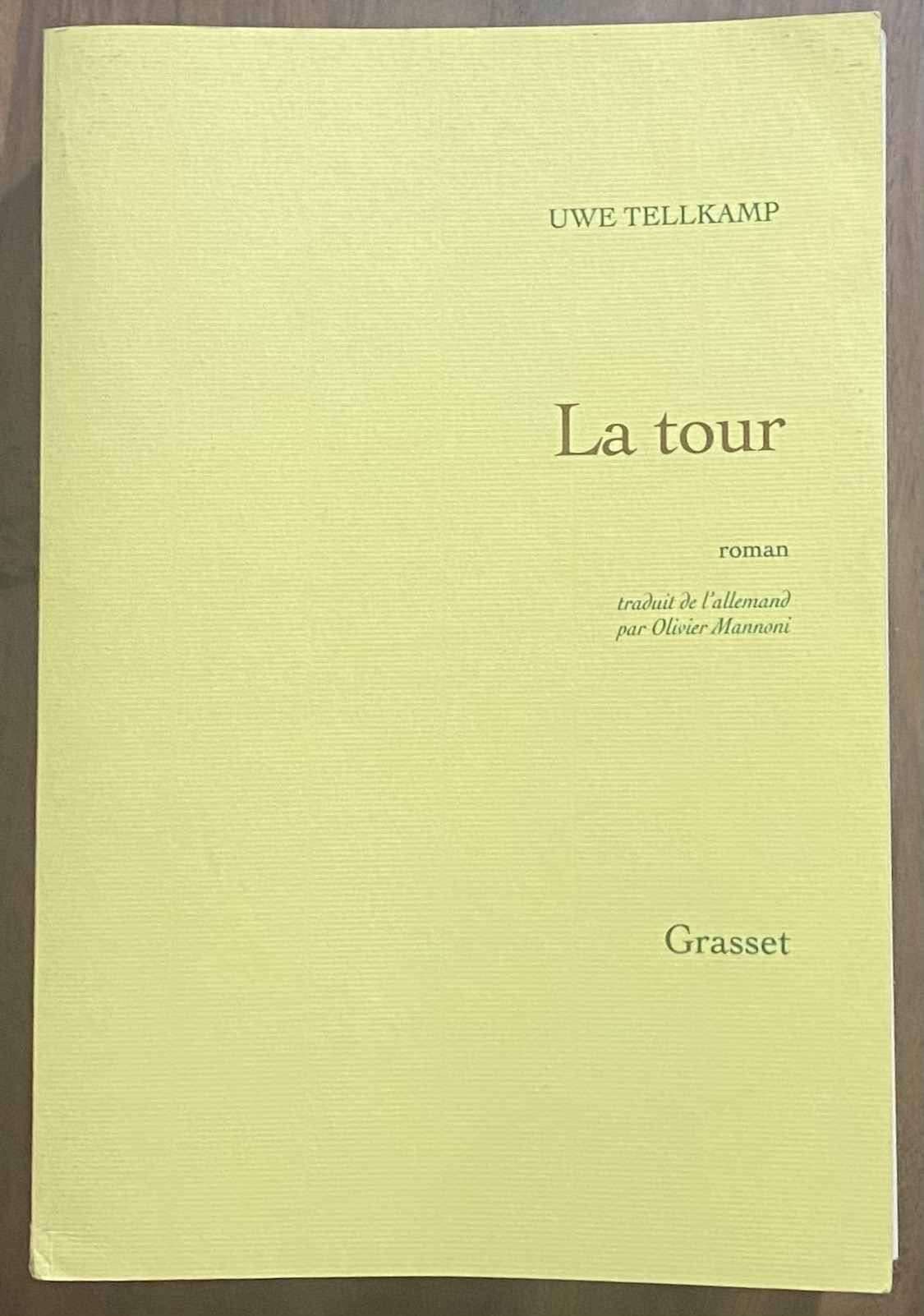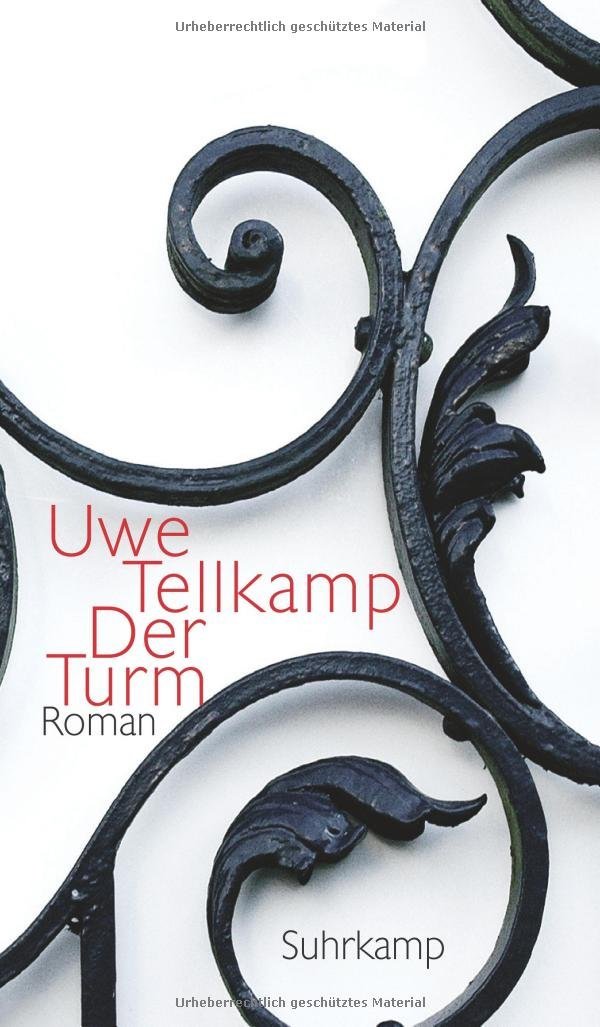“The Tower” by Uwe Tellkamp
By Farzad FARID
- 4 minutes read - 671 wordsHere is an ideal book in times of confinement or curfew, a novel of 960 pages! But at the same time, who wants to spontaneously start reading a book by a German author, Uwe Tellkamp, a surgeon born in the former GDR, who tells the story of his childhood and the end of the GDR? In principle, not me!

But the circumstances are however particular, it’s a friend and ex-colleague who offered it to me 😃 She was born in Dresden, the place where almost all the action of the book takes place. I waited to have some free time to read it, before starting a new job, and I didn’t let it go any more because it was so fascinating!
The story takes place in a middle-class district of Dresden called “The Tower”. The city itself, quite bourgeois, seems anachronistic in this East Germany which tries to erase social and wealth differences by leveling down. The main hero, Christian Hoffmann, is a high school student, son of a renowned surgeon, head doctor of a city hospital. He has a large family, itself surrounded by many neighbors and friends whose adventures we follow. There are so many characters that I even made a list in a note so that I could find my way around.
The town itself is a character in the story, as well as the many “collective houses”, imposed in the communist regime, in which the protagonists live. These houses have poetic names: “The Caravelle”, “The House of a Thousand Eyes”, “The Italian House”, “The Wolfsstein House”, “The House of the Evening Star”, “The House of the Spider’s Web”, “The House of Dolphins”…
The novel is three things at once:
- a story of initiation of this young boy who grows up and adapts, bypassing the rules like everyone else, to this repressive communist regime;
- the absurd description of this bureaucratic, delirious, oppressive and dying communist regime, which we discover through the adventures of the other characters;
- poetic moments when we read the personal writings of Meno Rohde, a publishing house, caught between the regime’s rules of censorship and of certain writers.
There is a paradox everywhere in the lives of the characters. The author wanted to restore the tensions of this communist regime that will disappear but does not know it yet. People hide to talk, for fear of being spied on by Stasi moles or hidden microphones. Even the cousin, who has taken his Communist Party card, is perhaps a mole? So even though we are all together at a birthday party, we have to be careful not to speak too loudly…
Christian plays the violin, on an ordinary violin, but he and his uncle have to go to a special office to have the violin certified as not being of significant value, in which case the state will confiscate it! We follow the absurd journey of the heroes in a huge administrative building, a labyrinth, where each room has a cryptic number, to finally get in line at the right place… Even if the expert quickly tests the violin and declares with disdain that it has no value, he refuses to test the bow and obliges the protagonists to queue again for a long time before certifying the bow, again with disdain!
The whole novel is offbeat, sometimes absurd, with poetic pauses that allow one to escape the heaviness of the dictatorial regime. We laugh, we cry, we have moments of hope, we tear our hair out at the absurdities of this world…, and we feel through this book that East Germany is living its last years.
It is a very good novel, I liked it even if it is sometimes difficult to read, and I recommend it to those who want to discover a little about life in the former GDR. There is a good French article in Le Monde from 2012 that describes the novel well, and a nice summary in English on Amazon, for those who hesitate before embarking on reading 960 pages.
